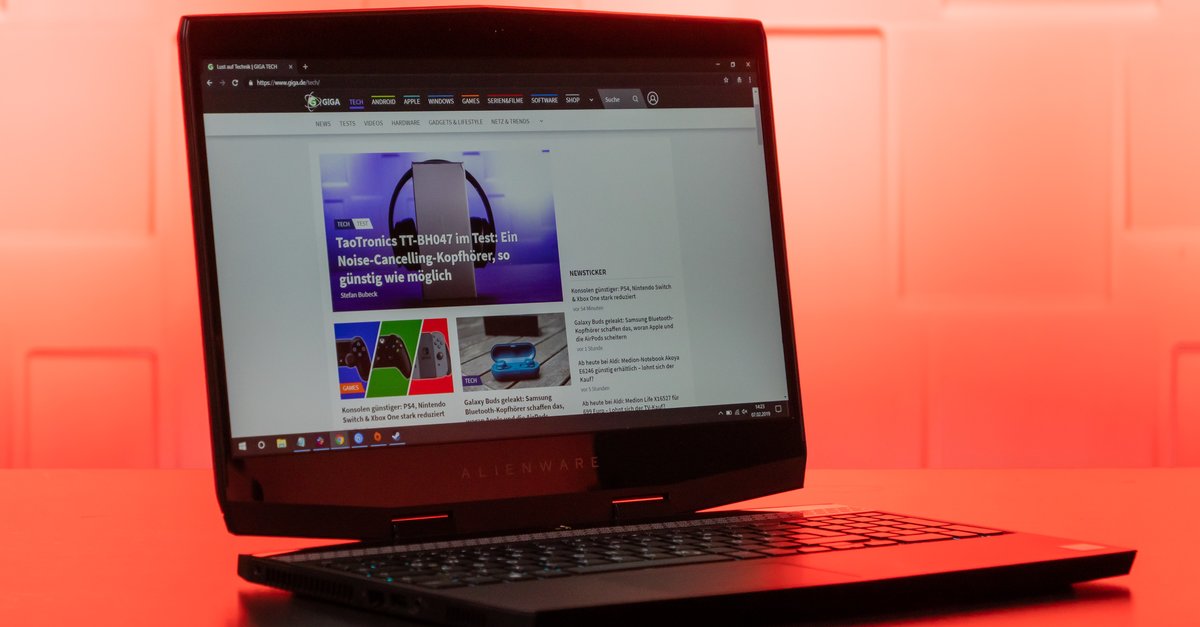Employers open to Siesta in Germany
In view of the summers that are getting hotter and hotter in Germany, experts advise you to think about introducing a lunch break based on the southern European model. At least in the hot summer months, adjustments to everyday work are necessary.
After all, people are not as efficient in high heat. “Get up early, work productively in the morning and take a siesta at noon,” suggests Johannes Nießen, chairman of the Federal Association of Physicians in the Public Health Service.
Editor’s Recommendations
According to Nießen, complex work requirements should be postponed to the morning hours, as rbb24 writes. In addition, fans should be set up in the offices and lighter clothing should be allowed. A cold foot bath would also be a way to cool down – especially in the home office.
In addition to the medical officers, trade unionists are also campaigning for changes in working methods in the summer heat. The German Trade Union Confederation (DGB) holds employers in particular responsible.
They would have to protect their employees from the heat. “Working in the heat is stressful for employees and, in the worst case, endangers their health,” says DGB board member Anja Piel.
According to the DGB requirement, employers would have to carry out regular heat and risk assessments during the summer months. According to Piel, the fact that corresponding assessments are not yet a standard is “an omission on the part of the employer”.
“In view of the climate change and the extremely hot summers,” this is “completely unacceptable,” said the trade unionist.
In response to the demands of public health officers and the union, the employers’ association was open to longer lunch breaks, as the Reditorial network Germany (RND) writes.
A BDA spokesman assured that “healthy work is guaranteed even when it is hot in the factories”. But: “A reform of the working time law can help in the event of longer breaks in order to give employees the opportunity to work more flexibly”.
The Federal Ministry of Labor told the RND that many companies are already splitting or postponing working hours on hot days. However, this is not possible everywhere, for example in the care sector.
The same applies to construction workers, harvest workers or cleaning workers. If, for example, construction work began before seven o’clock, there would be a risk of conflict with noise protection. In addition, a siesta in containers on fields or construction sites is not very relaxing, as IG Bau boss Robert Feiger noted.
Instagrammer Matt Shirley illustrates everyday working life: 10 graphics that make us feel
The trade union IG Bau therefore demanded – with state aid – paid downtime money on particularly hot days. Because at very high temperatures, only one thing helps: “Get off the building, off the field, off the dirty roof terrace,” says Feiger.



